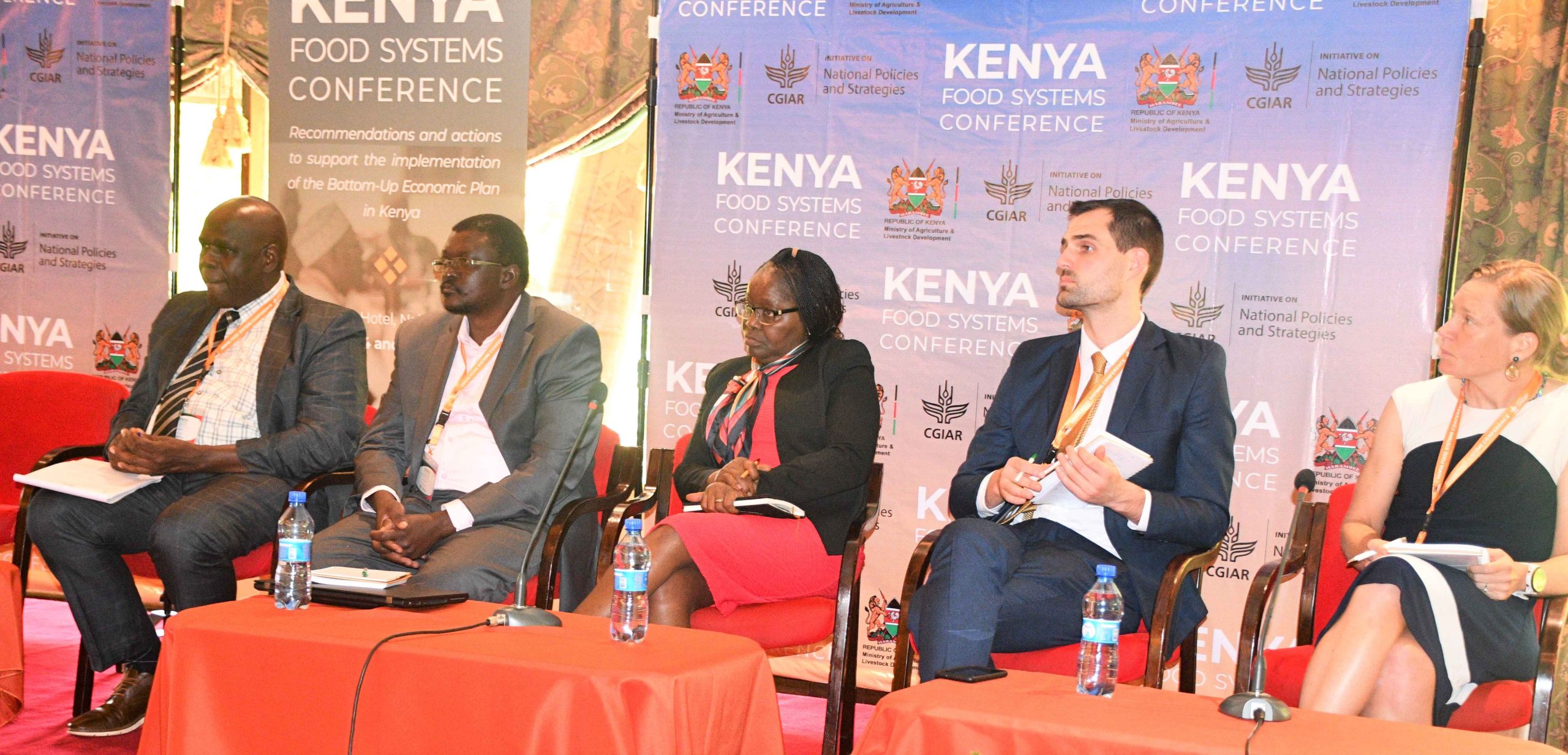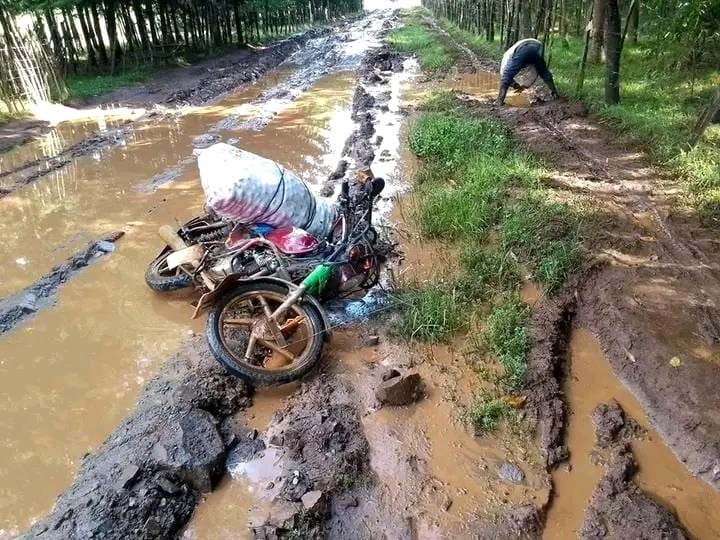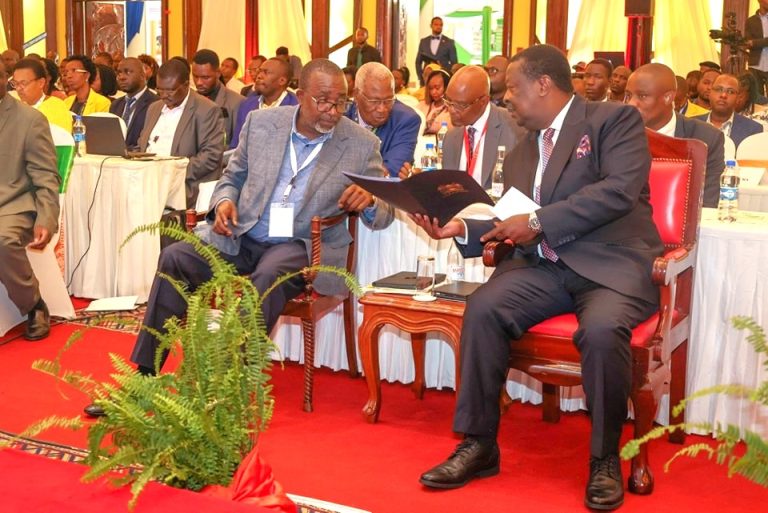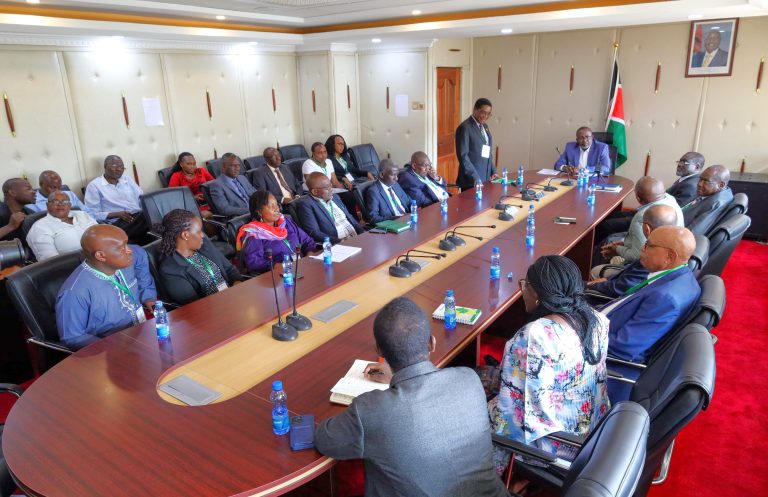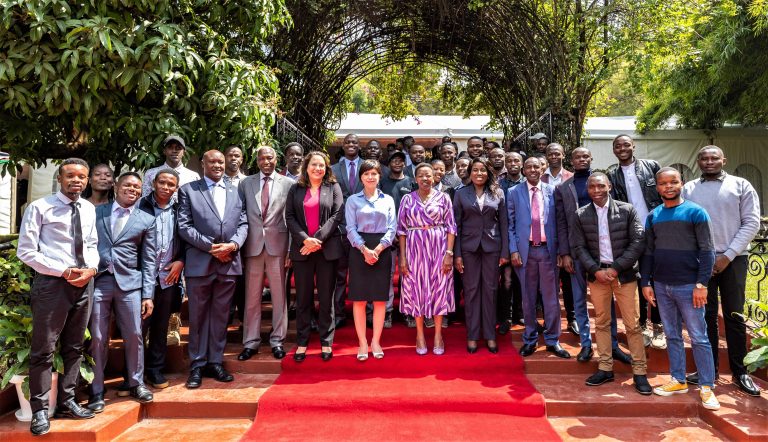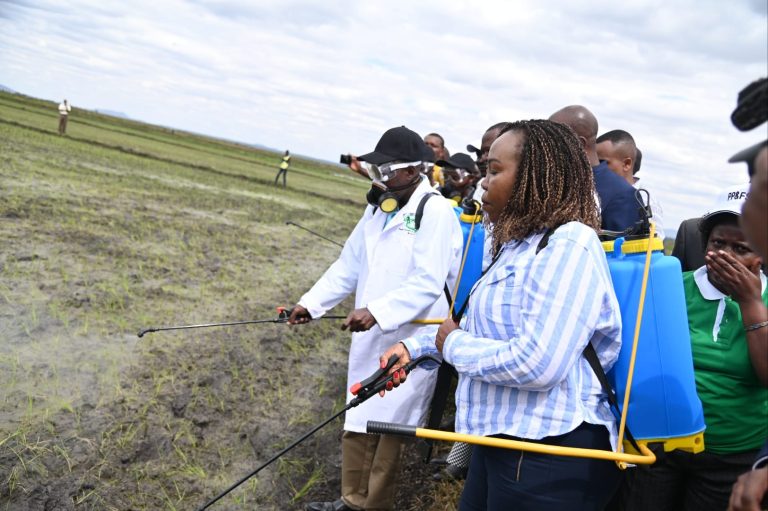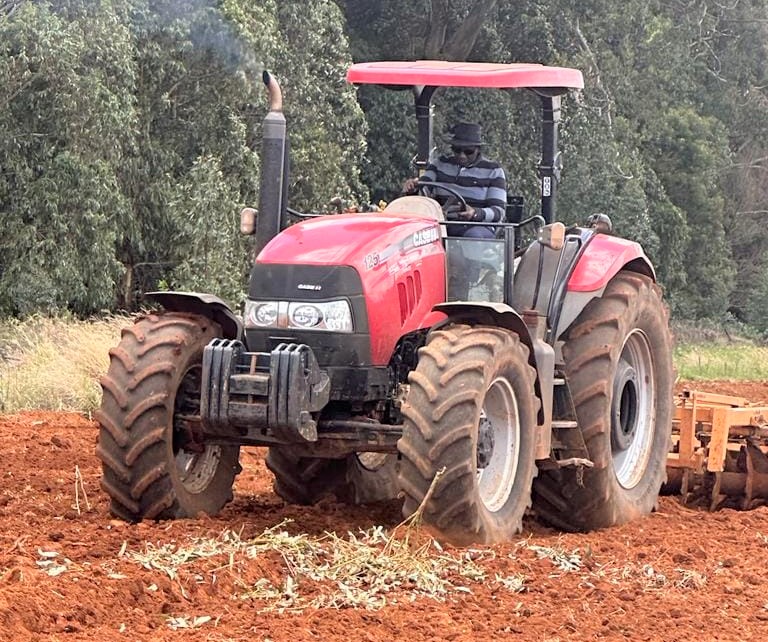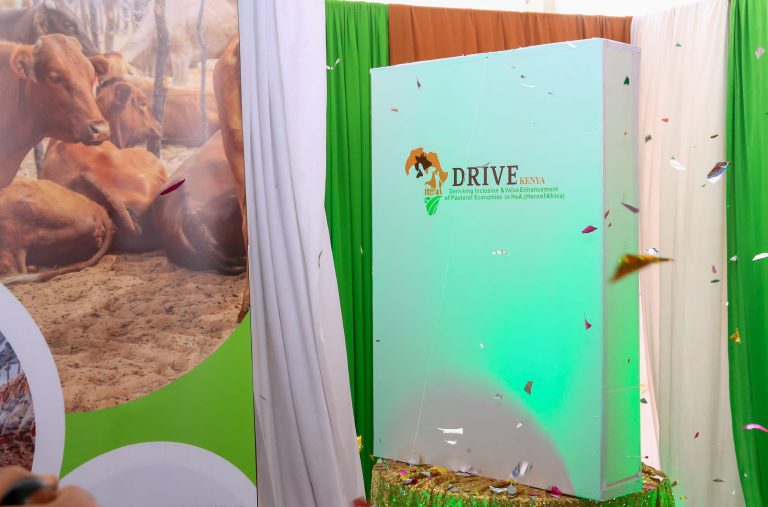Kenya recently held the first-ever Food Systems Conference that was aimed at giving recommendations and actions to support the implementation of the Bottom-Up Economic Plan.
In his opening remarks that were delivered by PS State Department for Crops Development Kello Harsama, Agriculture CS Mithika Linturi said that the conference was expected to provide policy and decision-makers with state-of-the-art, evidence-based recommendations developed by Kenyan researchers in collaboration with their international counterparts.
In addition, it was expected to identify current and future research demands and explore how research can effectively provide timely information to policy and decision-makers.

“I hope this conference is the start of a new era of enhancing the interface between science and policy. The conference is an important engagement as it will help identify current and future research demands and explore how research can more effectively provide timely information to policy and decision-makers. In this regard, the ministry will support proposals for mechanisms that enhance the science-policy interface, for sustained strategic engagement and partnership so that stakeholders can continue to co-design and co-create innovations for food, land, and water systems transformation in the country,” said the CS.
Cross-cutting Recommendations
There were several recommendations that came out of the conference. The National Government was urged to be more selective when designing development projects and have a stronger focus on strengthening national institutions. Other cross-cutting recommendations to the government were:
- Encourage a stronger focus on coherent policy design and effective implementation.
- Harnessing the power of knowledge by strengthening the science-policy interface (SPI), for example organize annual Food Systems Conference and regular (e.g. quarterly SPI meetings).
- Improve availability and access to data and tools for more informed decision making.
- Enhance data sharing within and between counties, and between counties and national level
- Support new ways to collect data, aggregate and manage data and make it available for data sharing.
- Empower counties for data collection and invest in innovative digital data collections and tools
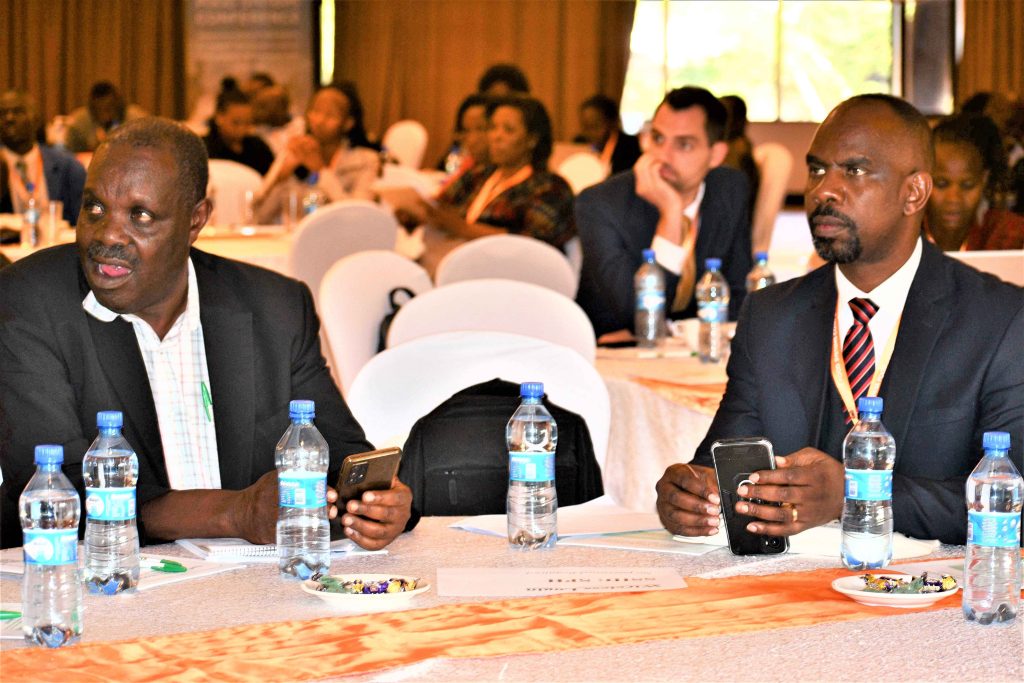
HEALTH
In health, the government was urged to invest more in nutrition education and create smart regulation for food safety without overburdening businesses. Others were:
- Focus on poverty reduction measure, which will also help improving nutrition.
- Invest in early education in nutrition to promote behavioural change.
- Support public-private sector partnerships in health and nutrition.
- Provide food safety surveillance and inspectorate services.

PRODUCTIVITY
In productivity the government was challenged to play a supporting role for the private sector to accelerate the transformation of input markets, food processing and service sectors, and mechanization efforts. On the same note it was urged to:
- Revisit budget allocation in agriculture and extend focus to support private-sector driven agro-processing and food services for more value-addition and jobs in the food system.
- Foster mechanization and strengthen support farmers’ training on machine operation, maintenance/repair, which can enhance the efficiency and reduce costs of service provisions.
- Property rights and law need to be reviewed to enable more land rental activity, which has shown to improve resource allocation and productivity in other countries.
- Integrating formal and informal seed systems, promoting better input management practices and reducing input costs are critical areas for fostering agricultural growth.
RESILIENCE
There was a call to develop policies to foster agricultural diversification and de-risking credit and insurance. This includes:
- Provide an enabling environment for the private sector uptake of insurance services.
- De-risking by diversification of farms, crops, farming landscapes and distribution for a more resilient, stable and healthier food system.
- Promote the diversification of diets with a higher content of domestically grown crops and livestock to reduce imports but also improve diet quality and increase domestic producers’ income.
- Bundling of ag credits with drought and flood insurance and climate smart technologies.
INCLUSION
The government was also urged to invest in capacity building for youth (particularly in agribusiness), for producers (i.e. extension systems), for women along the value chain; and setting up clear contract enforcement mechanisms that protect small farmers. Recommendations to achieve these were:
- Provide better access to credit, extension and trainings as a key factor for broadening access to food system activities.
- Create and improve structures of Support for Youth in Agribusiness to tap into the knowledge of young farmers and agri-preneurs.
- Support youth-engagement in the policy making process
- Invest in training on sustainable production, harvesting, and other post-harvest management techniques, and prevention of theft and illegal cartels.
- Strengthen the role of women in food systems by addressing existing challenges such as low land ownership, minimal participation in decision-making and food governance.
SUSTAINABILITY
On sustainability, the government was urged to invest in targeted transportation infrastructure and digital networks, create smart regulations to support off-farm service providers, and adequately protect actors (e.g. smart data regulations for the digital ecosystem). Also:
- Climate proofing production systems through Climate Smart Agriculture practices and insurance.
- Support climate-smart technologies, rainwater harvesting, soil and water conservation technologies, soil health
- Use digital mechanisms to verify the quality of seeds and fertilizers, and facilitate the provision of services (e.g renting of machinery).


